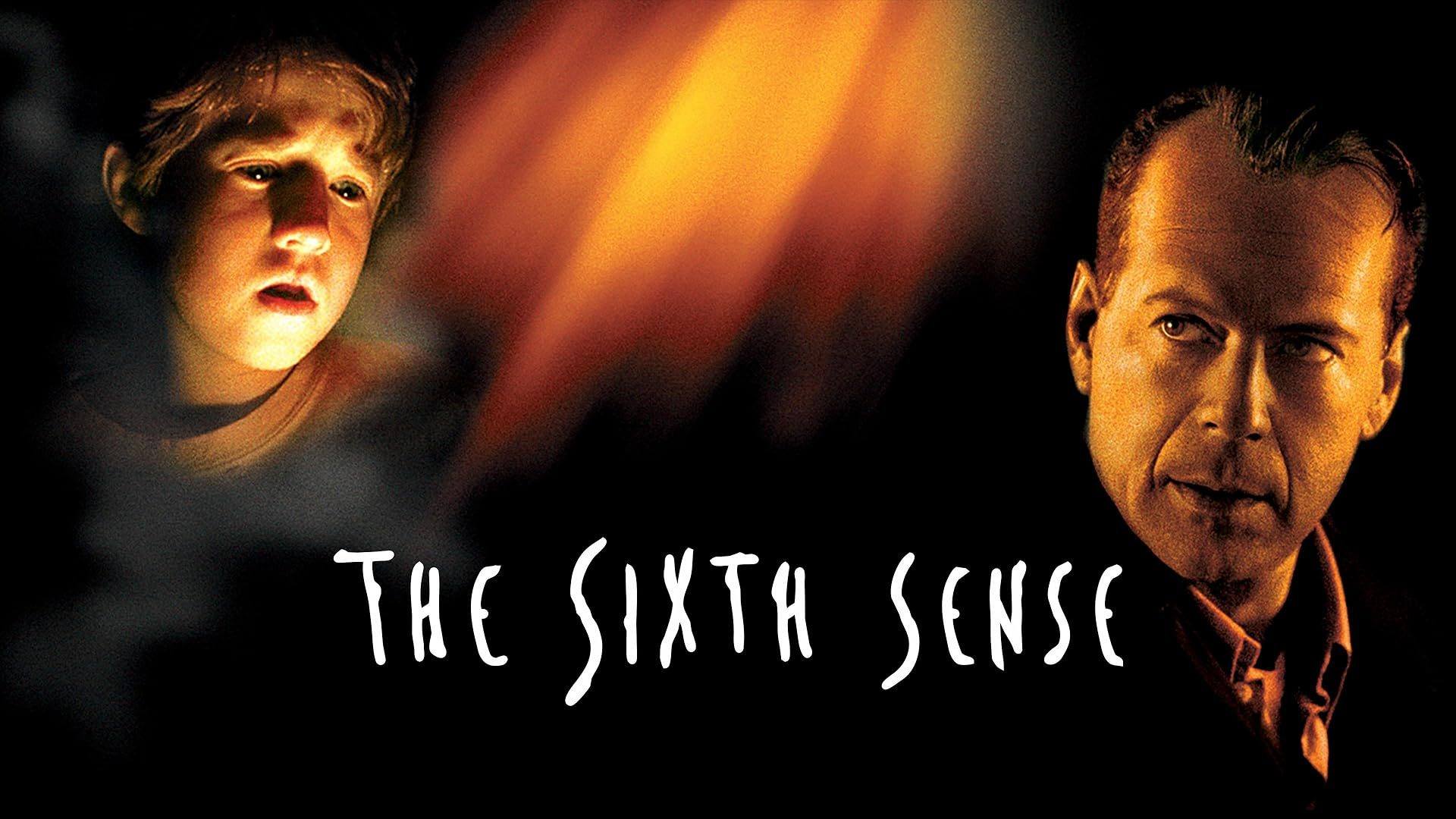“The Sixth Sense” (1999)

M. Night Shyamalan’s 1999 film, “The Sixth Sense,” remains a landmark in the psychological thriller genre, captivating audiences with its masterful blend of suspense, drama, and supernatural elements. The film, renowned for its intricate narrative and iconic twist ending, has earned a permanent place in cinematic history for its innovation and emotional depth.
At the heart of “The Sixth Sense” is the story of a troubled young boy, Cole Sear (played with remarkable sensitivity by Haley Joel Osment), who is haunted by a chilling secret: he can see and communicate with the dead. The film unfolds in a contemporary setting, with the somber atmosphere of Philadelphia providing a fitting backdrop for the eerie and unsettling events that transpire.
Cole’s life is a torment of fear and isolation, exacerbated by his inability to confide in anyone about his disturbing visions. His world is one of muted colors and dimly lit spaces, reflecting his internal turmoil and the overarching themes of uncertainty and dread.

The relationship between Cole and Dr. Malcolm Crowe, portrayed by Bruce Willis, is central to the film’s emotional resonance. Crowe, a child psychologist who is dealing with his own personal crisis, takes on Cole’s case with a mixture of skepticism and compassion. Willis delivers a nuanced performance that conveys Crowe’s earnest desire to help Cole while grappling with his own sense of professional failure and personal regret.
Osment’s portrayal of Cole is nothing short of extraordinary for an actor of his age. His ability to convey deep fear, vulnerability, and ultimately hope anchors the film’s emotional core. The interactions between Crowe and Cole are filled with quiet intensity, as Crowe gradually uncovers the truth behind Cole’s troubling visions and the underlying emotional wounds that they signify.
The supporting cast, including Toni Collette as Cole’s mother, Lynn, and Olivia Williams as Crowe’s wife, Anna, contribute significantly to the film’s depth. Collette’s portrayal of a mother struggling to understand her son’s behavior while balancing her own challenges adds a layer of emotional complexity to the narrative.
The film’s cinematography, helmed by Tak Fujimoto, enhances the atmosphere of suspense and unease. The use of subdued lighting and muted colors underscores the film’s somber tone and contributes to the sense of foreboding that permeates the story. Fujimoto’s careful framing of shots and the use of shadows play a crucial role in creating a visually immersive experience.

The film’s score, composed by James Newton Howard, complements its eerie and emotional tone. The music’s haunting melodies and subtle shifts in mood enhance the suspenseful atmosphere and underscore key moments of emotional and dramatic intensity.
“The Sixth Sense” explores themes of trauma, communication, and the quest for resolution. At its core, the film is a profound examination of the human need for understanding and closure. Cole’s experiences are a metaphor for the emotional and psychological struggles that people face, and his interactions with the spirits he encounters symbolize the need for healing and reconciliation.
The film also delves into the idea of unresolved issues and the impact they have on both the living and the dead. As Crowe helps Cole confront his fears and find a path to healing, he too begins to address his own unresolved issues, leading to a deeply satisfying and poignant resolution.

One of the most memorable aspects of “The Sixth Sense” is its twist ending, which recontextualizes the entire narrative. The revelation that Crowe himself is dead and has been interacting with Cole as a ghost is a brilliant and unexpected twist that ties together the film’s themes and plot elements. This twist is not just a clever narrative device but also serves to highlight the film’s exploration of unresolved issues and the need for closure.
In conclusion, “The Sixth Sense” is a masterful psychological thriller that has left an indelible mark on cinema. Its compelling story, exceptional performances, and innovative twist ending make it a standout film that continues to be celebrated for its originality and emotional depth. M. Night Shyamalan’s directorial prowess and the film’s meticulous craftsmanship ensure that “The Sixth Sense” remains a powerful and enduring example of storytelling in modern cinema.











